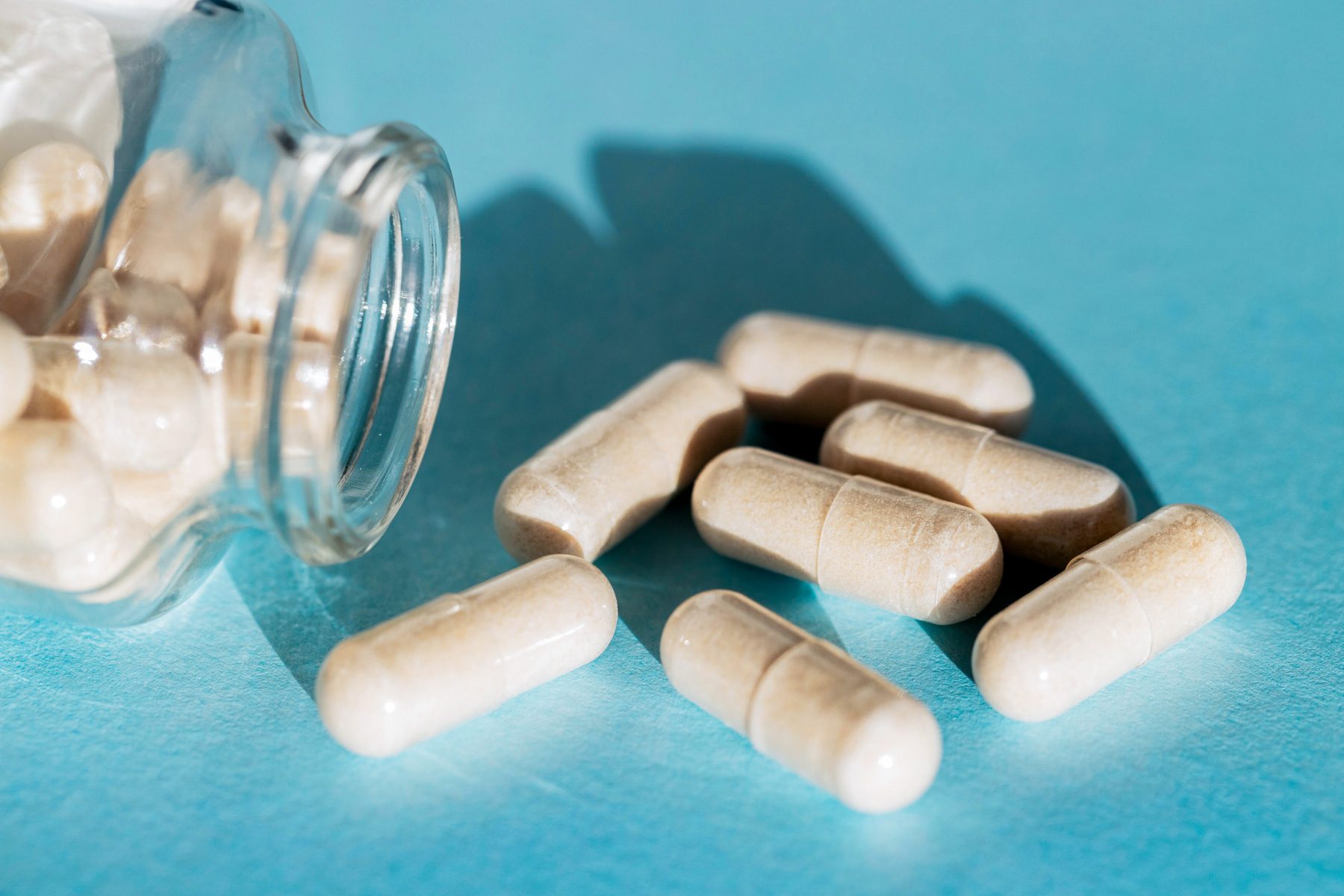Antibiotics can do a number on your G.I. system. An infectious disease MD and a Cleveland Clinic gut health doctor share how to get your tummy back in balance.

6 Best Ways To Restore Your Gut Health After an Antibiotic, from Expert Doctors

6 ways to restore gut health after antibiotics

1. Eat a diet rich in fiber
One of the best ways to restore gut health after antibiotics is by consuming plenty of fiber, “particularly prebiotic soluble fermentable fibers from fruits, vegetables, and complex carbohydrates,” Dr. Cresci says.
Prebiotic soluble fermentable fibers are types of dietary fiber that feed the beneficial bacteria in your gut. They dissolve in water and are fermented by gut microbes. Examples include inulin found in garlic, onions, and bananas; pectins from apples and citrus fruits; and beta-glucans in oats and barley.
It’s also important to avoid processed foods, such as white bread, sugary cereals, chips, and fast food, which can disrupt the balance of good bacteria in your gut. These foods are often low in fiber and high in unhealthy fats and sugars that can negatively affect gut health.

2. Consume fermented foods
To help restore gut health after antibiotics, Dr. Cresci recommends adding fermented foods that contain live cultures—such as kombucha, yogurt, kefir, and kimchi—to your meals. Consuming fermented foods introduces helpful microbes back into your digestive system, promoting a balanced gut flora essential for proper digestion, nutrient absorption, and a strong immune system.

3. Consider taking supplements
In addition to dietary changes, you might consider taking prebiotic and probiotic supplements to support your gut health. Probiotics introduce beneficial bacteria into your digestive system, while prebiotics provide the essential nutrients that these bacteria need to thrive.
However, Dr. Yancey emphasizes that there is no over-the-counter solution to quickly restore your gut flora, as supplements alone cannot achieve this. Instead, she recommends prioritizing a balanced diet rich in a variety of fruits, vegetables, nuts, lean meats, and dairy products to naturally support gut health.
If you do decide to take supplements, be sure to consult with your healthcare provider to choose the best options for your needs.

5. Get enough sleep
A good night’s sleep is essential for overall health and becomes even more important after taking antibiotics. If you’ve been ill, your sleep quality might have been affected.
Dr. Cresci emphasizes that ensuring you get enough rest is key to restoring gut health. Experts recommend getting seven to nine hours of sleep each night to support your body’s recovery.

6. Exercise
Regular physical activity is a powerful tool for restoring gut health after antibiotics. Research, such as one 2017 paper by scientists in Italy, has suggested that exercise promotes the growth of beneficial bacteria and increases the diversity of your gut microbiome, which is important to overall digestive health. Exercise also improves blood flow to the gut and reduces inflammation, creating an environment where healthy bacteria can thrive.

What is the best probiotic after antibiotics?
Says Dr. Cresci: “There are a few probiotic strains that have been studied and shown to be beneficial for antibiotic-associated diarrhea.” These include Lactobacillus rhamnosus GG (LGG), Saccharomyces boulardii, and Bifidobacterium animalis spp. lactis (BB12).
You can find these strains in many high-quality probiotic supplements and certain fortified foods, such as yogurt or kefir. Always make sure you check product labels to verify expiration date and confirm it contains live and active cultures.
For daily wellness updates, subscribe to The Healthy by Reader’s Digest newsletter and follow The Healthy on Facebook and Instagram. Keep reading:




















